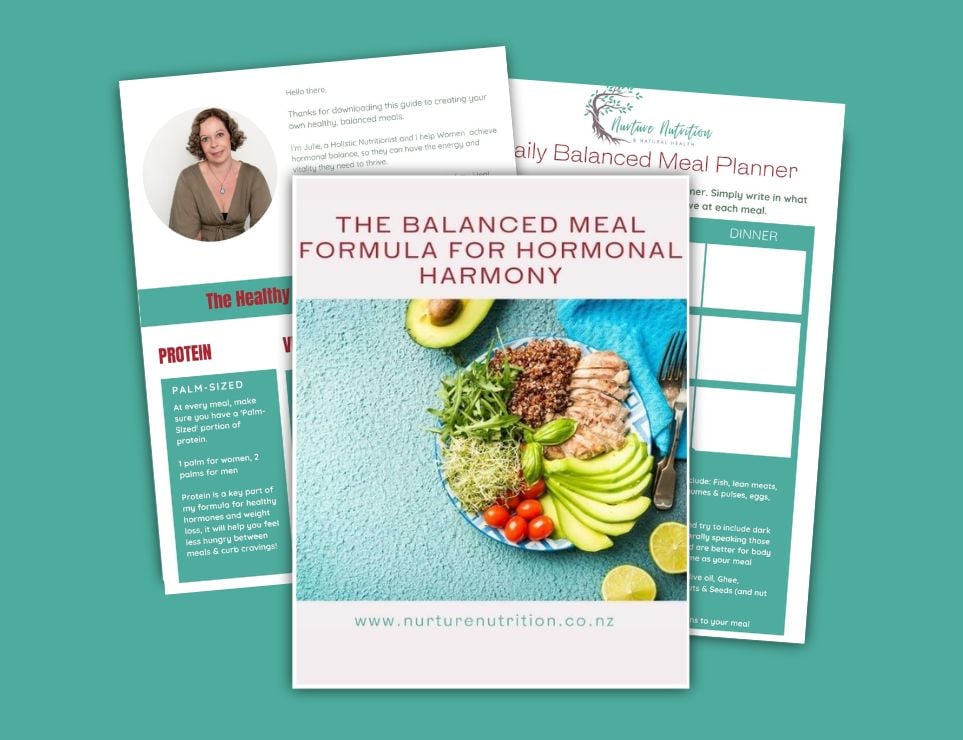When you get near or enter your forties, you may notice a shift in your hormones. It might feel like you have hit puberty, again! Welcome to Perimenopause, your second puberty that you might not have even heard about.
That’s because perimenopause is not widely understood and often confused with menopause which typically happens closer to 50 years old. We are not always aware that it can be a slow process (2-12 years) till you reach menopause and that perimenopause is actually when you start to feel symptoms i.e in your 40’s not when your period actually stops.
Perimenopause is not Menopause and should not be treated the same!
It is actually a very different time to Menopause. Typically menopause is a time of low estrogen and a time when your symptoms settle down. Perimenopause on the other hand is often a time when you are you are riding an estrogen roller coaster. In fact, you may have twice the levels of estrogen you used to have one day, and barely any the next!
Maybe your cycle hasn’t changed much but your moods have, or you are suddenly getting PMS symptoms? You are not alone. Perimenopause can be a hormonal roller coaster.
You are officially in menopause after 1 year with no period. Perimenopause is the lead in time before. There is no test for perimenopause so check out the symptoms below.
If there is no test, how will I know if I am in perimenopause or if it’s something else?
This is exactly why I created the Health and Hormone Audit so I could give you expert advice on whether you need your hormones tested, or just some support with symptoms. You get my top recommendations for nutrition, lifestyle, supplements and any test recommendations.
Here are some of the symptoms of perimenopause
- New onset heavy/and or longer flow
- Shorter menstrual cycles (less time between cycles)
- New sore, lumpy of swollen breasts
- New mid sleep waking
- Increased menstrual cramps
- Onset of night sweats, particularly in the premenstrual period
- New or increased migraine headaches
- New or increased premenstrual mood swings, anxiety, or depression
- Weight gain without changes in exercise of eating
You are likely to be in perimenopause if you have 3 of the above symptoms even if you have regular menstrual cycles.
Why am I having these symptoms and what can I do?
Progesterone
So we talked about how your estrogen is on a rollercoaster which helps explain the symptoms, but also at the same time your progesterone is steadily declining from your mid 30’s on. Progesterone counteracts estrogen, preventing estrogen excess symptoms so you are now experiencing the symptoms of hormone imbalance which may start suddenly.
Progesterone is a calming hormone, so when it declines, you have less stress tolerance. Most of the symptoms of Perimenopause are neurological so you may find that you are more vulnerable to anxiety, depression, and insomnia. Please know that you are not alone. There are things that can help – I will link a few of my favourite blogs to assist you and I am here to help guide you through this period and have plenty of tools to support you with symptoms and help you build hormonal resilience.
The good news is that this stage won’t last forever, and your brain will adjust to running of a different fuel mix. Perimenopause is really a time of recalibration.
Having good Nutritional support will help your body clear excess and used estrogen, reduce inflammation and restore your energy. Start with the balanced meal formula which is my gift for you.
Here are my top blog recommendations to help and why:
Magnesium – it’s one of my favourite supplements to give to Perimenopausal Women. It calms your nervous system and provides proven stress support.
Insulin Resistance drives many perimenopause symptoms. Part 1 tells you about what it is and why it is important to address and Part 2 tells you how to address it.
Stress, the Adrenals and Perimenopause explains how important it is to manage stress during this phase and helps with the lifestyle side of things.
And as always if you want to see what options there are to get support and personalised recommendations you can hit the button below to explore. I hope this has helped x





